It's time we told you a little secret: being vegan is really rather simple. Whatever led you to this website, you've already done the crucial first step in becoming a vegan. Here are some tried-and-true suggestions to make this joyful tips for going vegan as smoothly as possible.
Commonly Asked Questions:
What can we eat on a vegan diet?
Veganism is a very different type of diet and is also different from vegetarianism, as one has to also exclude products made using animal products such as beer, wine, white sugar, etc. But let’s make veganism an easy step for newcomers. A few examples that fall under the vegan diet are all types of fruits, vegetables, beans such as black beans, garbanzo beans, and kidney beans, tofu, tempeh, and other soy-based alternatives. Coming in whole grains wheat, barley, quinoa, rice, pasta, oats, etc all fall under a healthy vegan diet. In the dairy section, one can choose from a wide variety of non-dairy substitutes such as almond, coconut, and oat milk.
Now there are some ingredients that vegans shoud be careful about before consuming them because they might indicate animal products such as casein, lactose, and gelatin. To avoid such confusion one should always check the food labels in stores and checking out a particular item clearly and gather information from online sites before purchasing.
How can we make a quick vegan transition?
Now as the question says for a quick vegan transition so one needs to follow quick diet changes and start restricting diet plans:-
- Meat, poultry including fish should be restricted completely, and one should focus more on plant-based nutrients.
- Make a strict ingredient list, which should not involve products like gelatin, rennet, and other family products.
- Start implementing more whole grains, beans, legumes, nuts, and tofu in your everyday meals.
- Start swapping all your favorite snack meals to vegan alternatives. Vegan burgers, vegan cheese, vegan pizza are good options to ease the transition.
What are the disadvantages of a Vegan diet?
The vegan diet is of course the most popular healthy lifestyle choice as it is entirely simple plant-based foods. However, it’s not easy as it sounds, because a vegan diet can have dangerous side effects:-
- Lack of energy and weight loss:-As plant-based foods don’t have too much calorie intake it is sure to bring your energy down drastically. With less energy body can’t function metabolism properly leading to abnormal weight loss.
- Iron Deficiency:-The iron in plant-based foods is not properly absorbed by the body as it’s of a low-heme variety, which will lead to anemia and fatigue.
- Random Eating Disorders:-Orthorexia is an unhealthy obsession with healthy eating patterns and over-restriction, which develops in most people who follow a highly strict vegan diet.
- Depression:-Vegan diets can lead to a sudden drop in omega-3 fatty acids which will increase the risk of severe clinical depression.
Here Are Some Game-Changing Tips For Going Vegan
Jump to:
- Commonly Asked Questions:
- What can we eat on a vegan diet?
- How can we make a quick vegan transition?
- What are the disadvantages of a Vegan diet?
- 1. Take it easy
- 2. Do it correctly
- 3. Experiment with fresh ideas
- 4. Continue to learn
- 5. Inquire for assistance
- 6. Keep in mind why
- 7. Never give up
- 8. Associate in Vegan Communities
- 9. Choosing Balanced Meals
- 10. Correct Supplements
- 11. Correct Monitoring
1. Take it easy
Maintain focus on your eventual objective while moving at your own speed. Some individuals are able to become vegan overnight, which is excellent if it is the appropriate way for you. But don't worry if you think you'll need extra time. Going vegan, like any other lifestyle change, takes time to adjust to, as well as time to figure out what would work best for you. It's not a one-size-fits-all experience, and you may take a variety of ways.
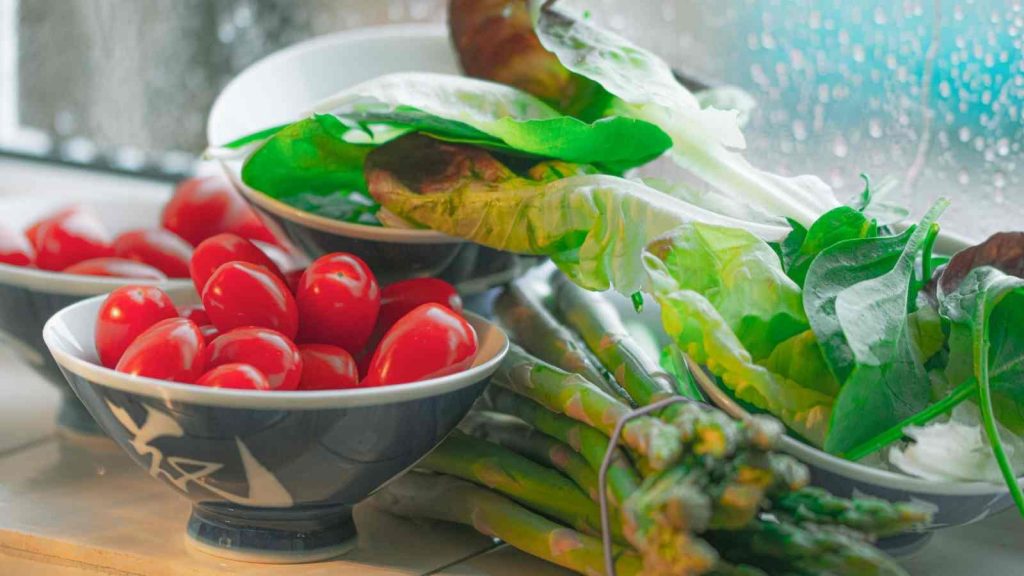
One of the simplest methods to boost the number of plant-based foods in your diet is to make tiny modifications to your daily meals. Start by eliminating meat or dairy one day a week and work your way up. You might also try altering one meal at a time, such as eating vegan breakfasts the first week, then adding a vegan lunch the second week, and so on.
You may even try substituting milk for almond or soya milk, or butter for coconut oil or margarine, one at a time. You don't have to lose out on any of your favourite dishes since there's a plant-based replacement for practically any sort of food you can think of. Check out our recipe area, as well as Food and Drink and Sandwich and Wrap Filling Ideas for additional ideas. Are you on a tight budget? Our Live Vegan for Less campaign, which highlights the most affordable vegan meals, may be able to assist.
2. Do it correctly
Make sure you're not missing out on any important nutrients. Veganism does not imply that you are completely healthy, since there are vegan variants of practically every form of junk food imaginable. Planning a balanced diet that contains all of the vitamins and minerals you need will be a breeze if you consume a broad range of appetising plant foods. For further information, see our nutrition sections or consult a licenced dietician.

3. Experiment with fresh ideas
Give your taste buds a fresh experience by trying various cuisines and flavours. Getting out of your eating comfort zone will take you on a culinary adventure. There are millions of vegan recipes available from all around the world. Whatever your culinary preferences, you'll find delicious new meals as well as creative twists on classic favourites. You don't have to be a Michelin-starred chef to accomplish this, however. You'll be astonished at how many meals you can make using items you already have in your home or groceries from your local grocery.

More information, including a list of specialised online vegan retailers, may be found in our shopping section. If you're in the UK and don't want to go too far from your comfort zone just yet, our list of vegan-friendly alternatives at UK restaurant chains can be of assistance. Those interested in vegan cheese may be interested in our 'best vegan cheeses' blog, where we compare and contrast some of the many types.
You make like: 51 Delicious Vegan Quinoa Recipes
4. Continue to learn
Keep in mind that turning vegan is a process. It requires both guts and curiosity to live as a vegan in a non-vegan environment. Veganism has been around since 1944, yet many people are still unfamiliar with the notion. Allow yourself time to learn about the numerous strands of veganism – and remember to slap yourself on the back for your accomplishments along the way.

5. Inquire for assistance
"Can you tell me where I can get vegan chocolate?" "Can you tell me how to make cakes without eggs?" "I'm not sure how to explain veganism to my family!" You're not alone, so don't worry. Our website has a wealth of information and resources that address all of these issues and more. There's nothing like chatting to fellow vegans to help you ease into your new lifestyle.
Connect with others on social media sites like Facebook and Twitter, where you'll find a lot of helpful individuals. You may get further guidance by using our free VeGuide app or signing up for our free Vegan Pledge, which will provide you with daily information to help you through your first month as a vegan.
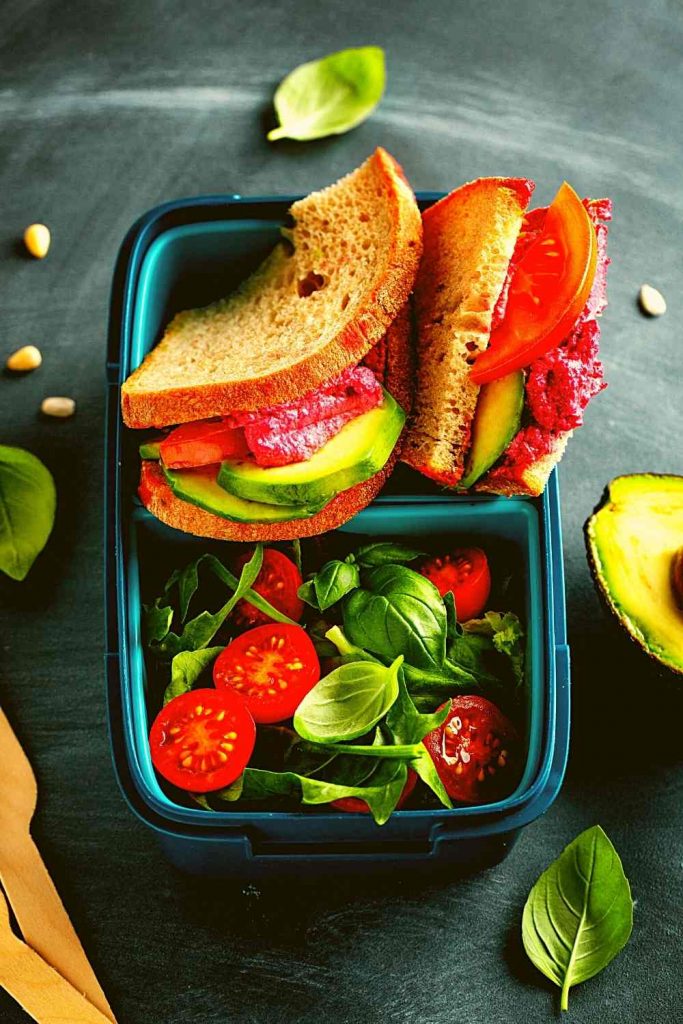
6. Keep in mind why
Keep reminding yourself of why you choose a vegan lifestyle and the advantages you've experienced while making the switch. Going vegan will probably be a lot simpler than you thought, but if you're having a terrible day or feel like this whole vegan thing is too much like hard work, take a deep breath and think about your options for a few moments.
Reading vegan literature or viewing educational and inspiring vegan films on a regular basis might help, as can preserving visual reminders like images of your favourite animals. Alternatively, how about looking up the location of your local animal sanctuary? Spending time with conventionally farmed animals and getting to know their lovely personalities is a fantastic way to renew your vegan commitment. If you're unable to do so, these upbeat animal videos will suffice.
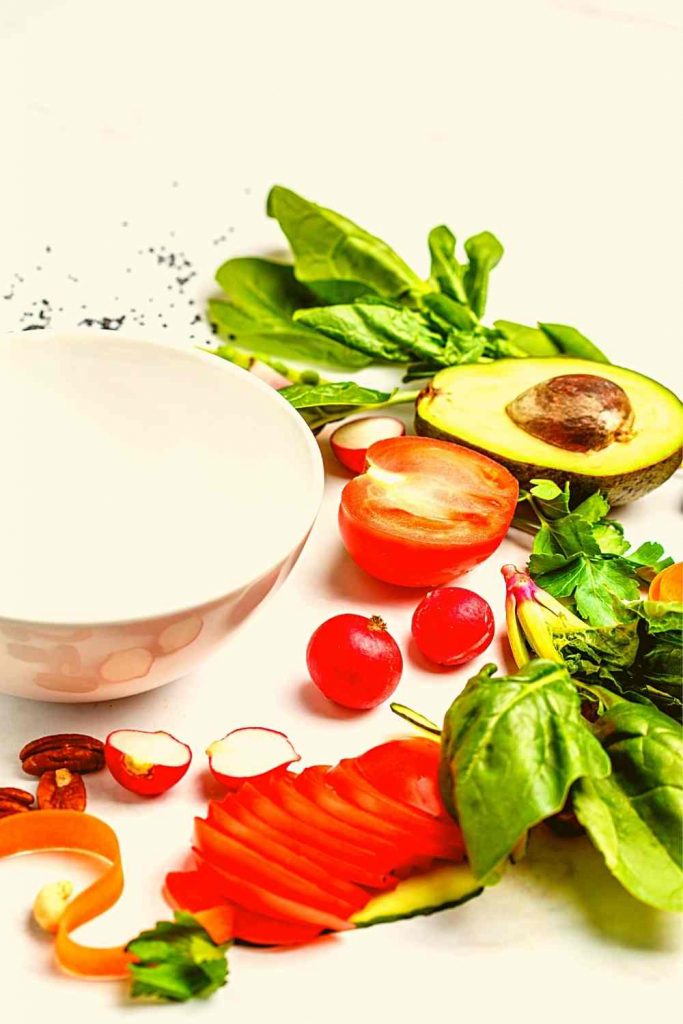
7. Never give up
Veganism will become second nature if you trust in yourself. There's always a stronger reason to stick to your guns than to go against your will. Don't give up if you're experiencing troubles with friends or family: our articles on socialising and solutions to these concerns may help. Remember that there are several vegan organisations both online and offline that you may join.
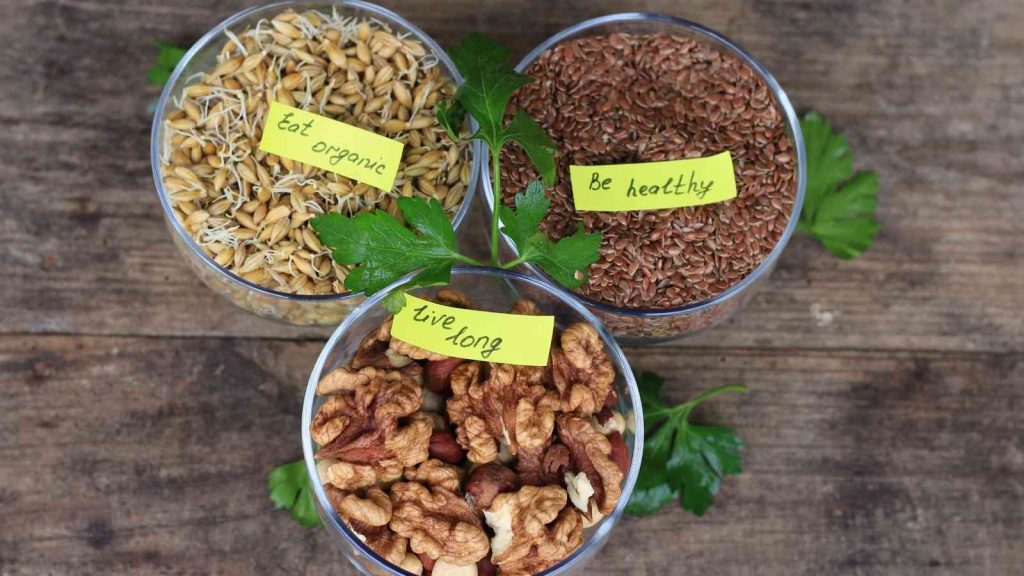
Take it one day at a time and remember to do things along the road that remind you of the joys of vegan life. You've picked an incredible, interesting, and meaningful path in life; make the most of it.
Check also: 45 Simple Vegan Instant Pot Recipes
8. Associate in Vegan Communities
It can be a little overwhelming and hard as one finds themselves alone in this battle to achieve a vegan diet. So it’s helpful and important to find people who are vegan and learn their journey, get easy tips that they have used. Different people in social media handles share their stories and helpful points towards veganism, they share their diet plans, the right amount of food intake, and all the necessary requirements to lead such a lifestyle.
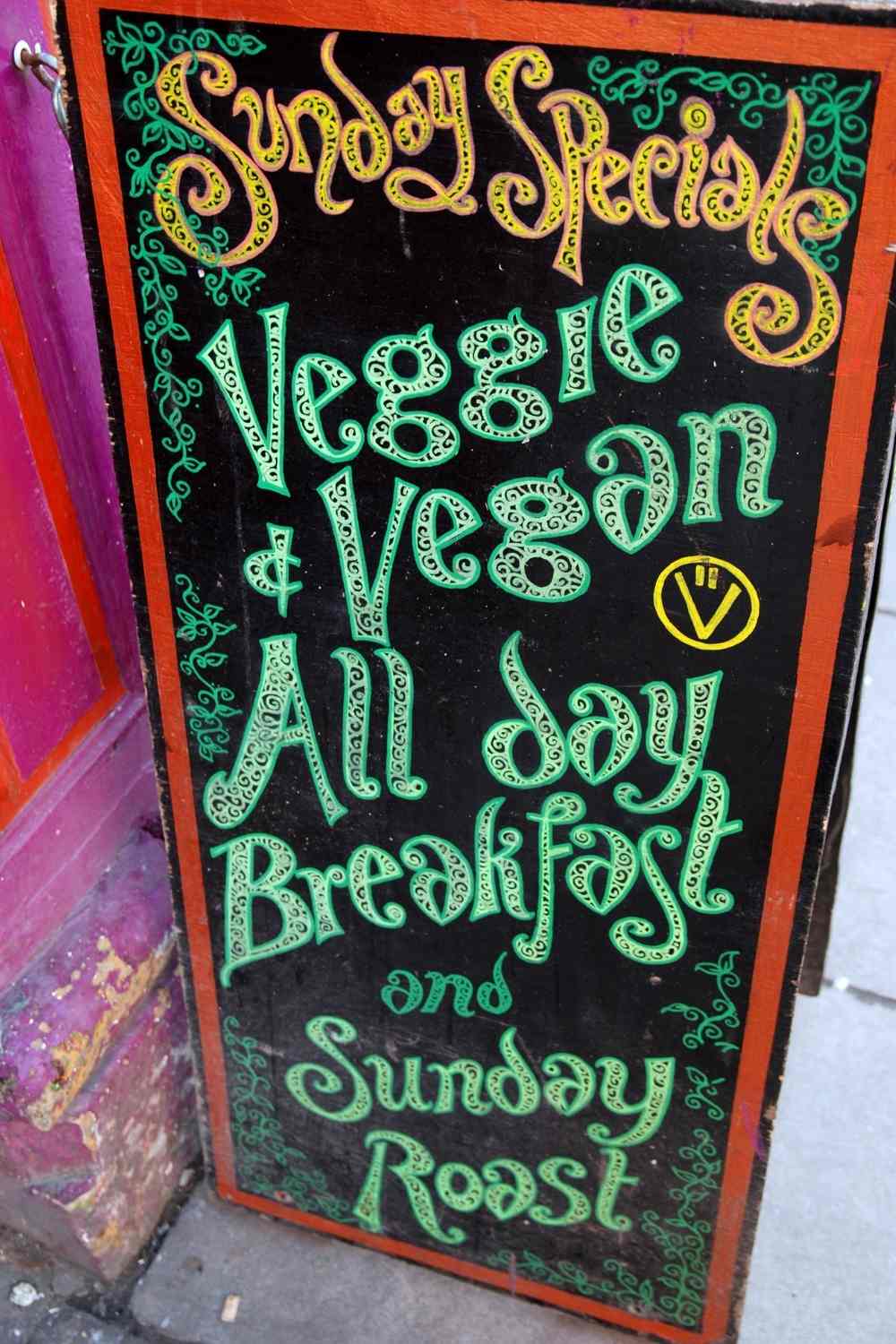
Vegan communities have shown people with vegan diets have fewer chances of morbid obesity and risk of having type 2 diabetes, which has serious complications to the human body. Joining such organizations or communities will help you boost your confidence and will make you believe strongly in the cause of being a vegan.
9. Choosing Balanced Meals
A problem every vegan has to face is how to balance the meals. This new diet makes one more hungry and restless. In such a situation, we must eat, because our body is now adjusting to this new diet, but we need to remember to consume more whole foods with more nutrition. It’s good to supplement with plant-based protein or the hunger would never go. Your meals can be prepared with vegetables such as bell pepper, asparagus, broccoli, zucchini, and spinach.
In the fruits section lemons, limes, kiwis, peaches, pears are also good for maintaining the right amount of protein intake. Whole grains such as buckwheat, barley, bulgur are perfect to consume. Always go for milk alternatives such as cashew, almond, and coconut. Shifting from normal cheese to vegan parmesan cheese would be a vital option. Having such a balanced meal will slowly make the human body get accustomed to the new diet and will reduce random surges of hunger.
10. Correct Supplements
Now not only whole foods and plant-based diets will not always meet your daily vegan requirements, some vegan communities suggest going for supplements.
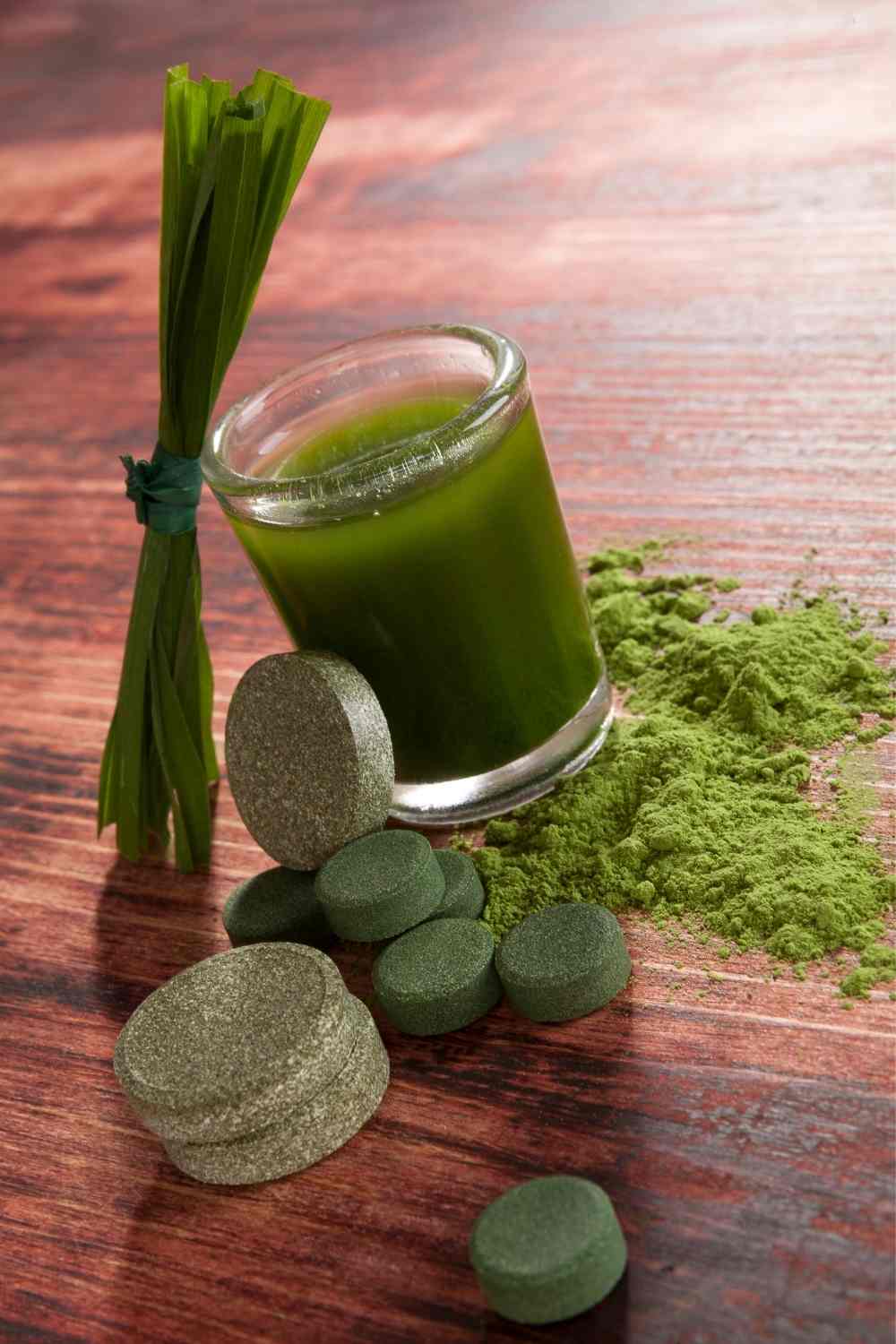
The basic 7 nutrients that you might need to supplement with your vegan diet are Vitamin b12 for protein metabolism, Vitamin D for enhancing absorption of phosphorus in the body, Long-chain omega-3s for reducing the risk of inflammation and ADHD, Iron for making new DNA, and red blood cells, Calcium for increasing bone density, Zinc for the repair of damaged red blood cells and finally Iodine for healthy thyroid function.
11. Correct Monitoring
A very important step is to keep monitoring the food intake and the calorie count after every meal. Of course for newcomers in such a diet plan is a little hard, as one might not know the exact calorie content of an ingredient. Medical Science with a little help from Artificial Technology has now made it is easier.
Different health and vegan diet apps will instantly tell you the required information about your meals and how you should consume them on a daily basis. These apps will mainly tell you to keep your fridge stocked with the required ingredients and different vegan recipes that one can prepare in no time.




